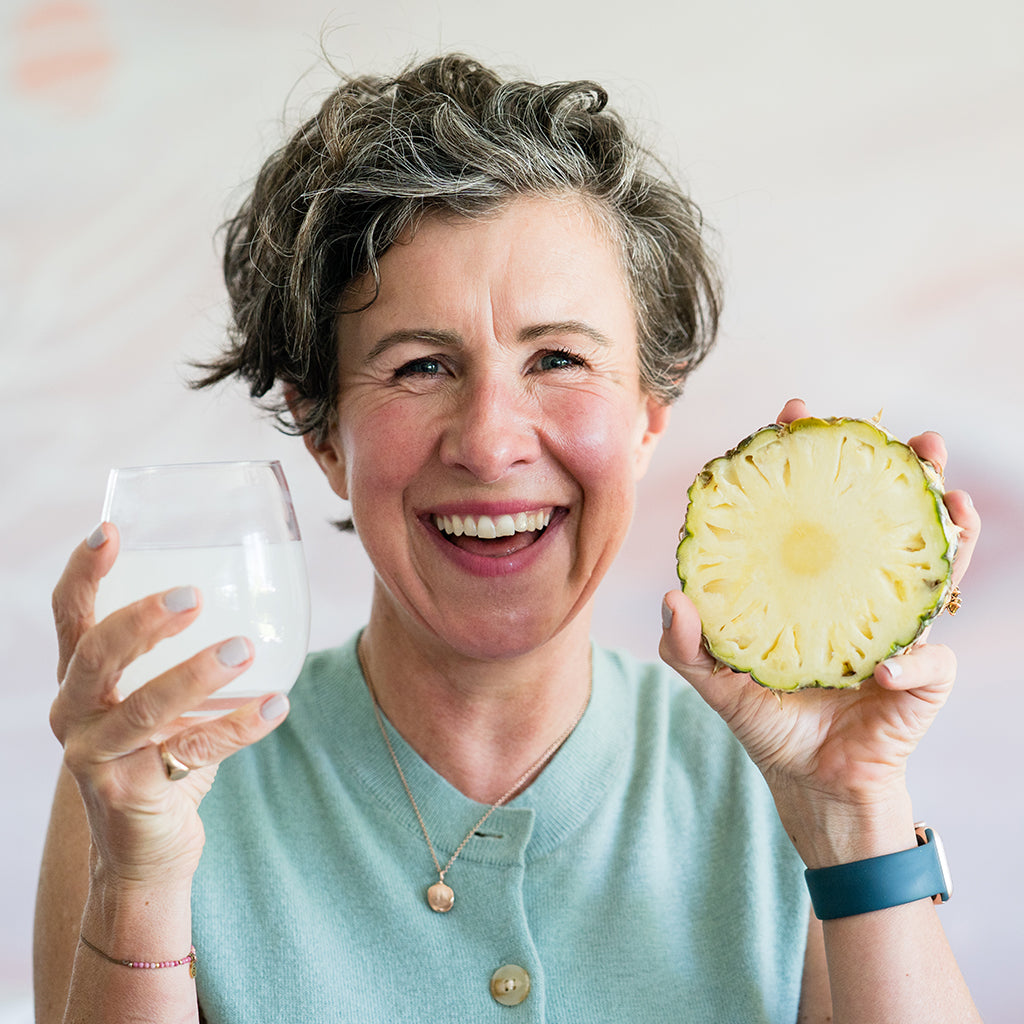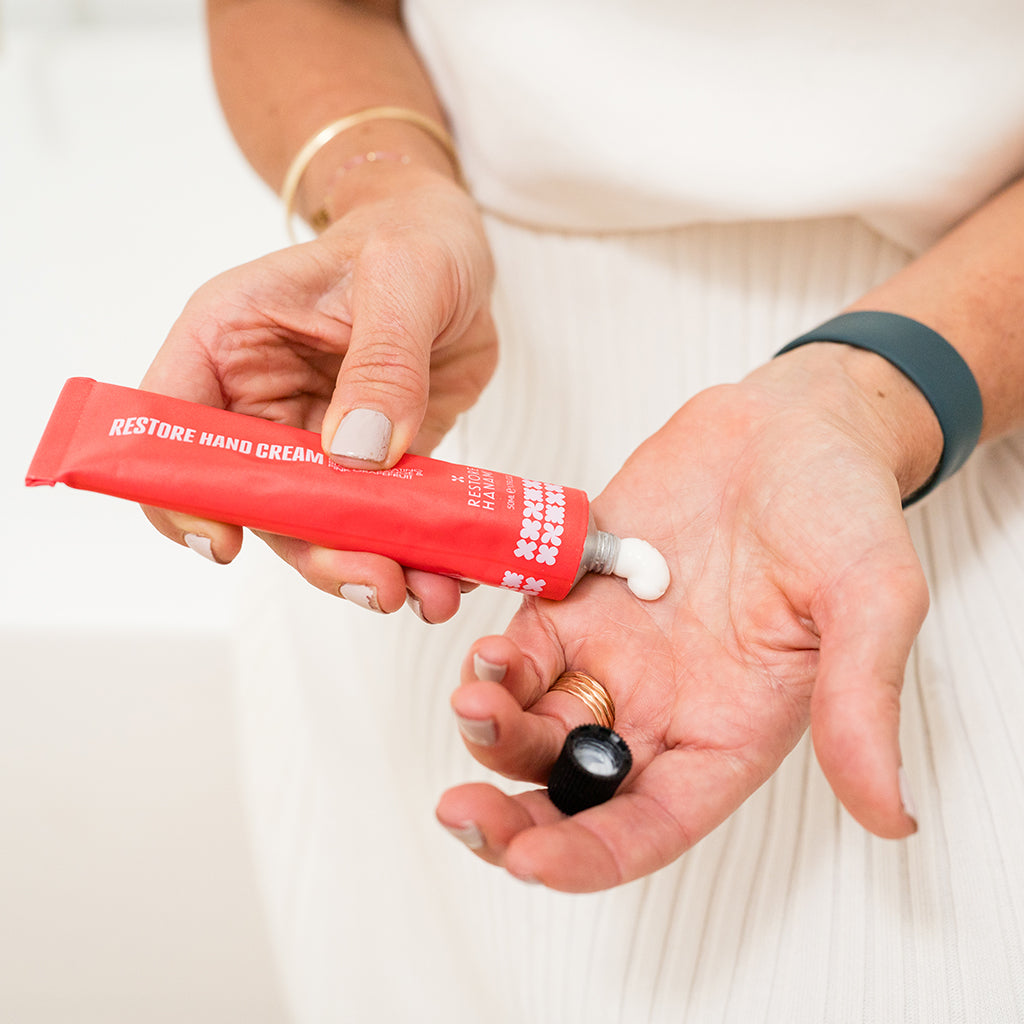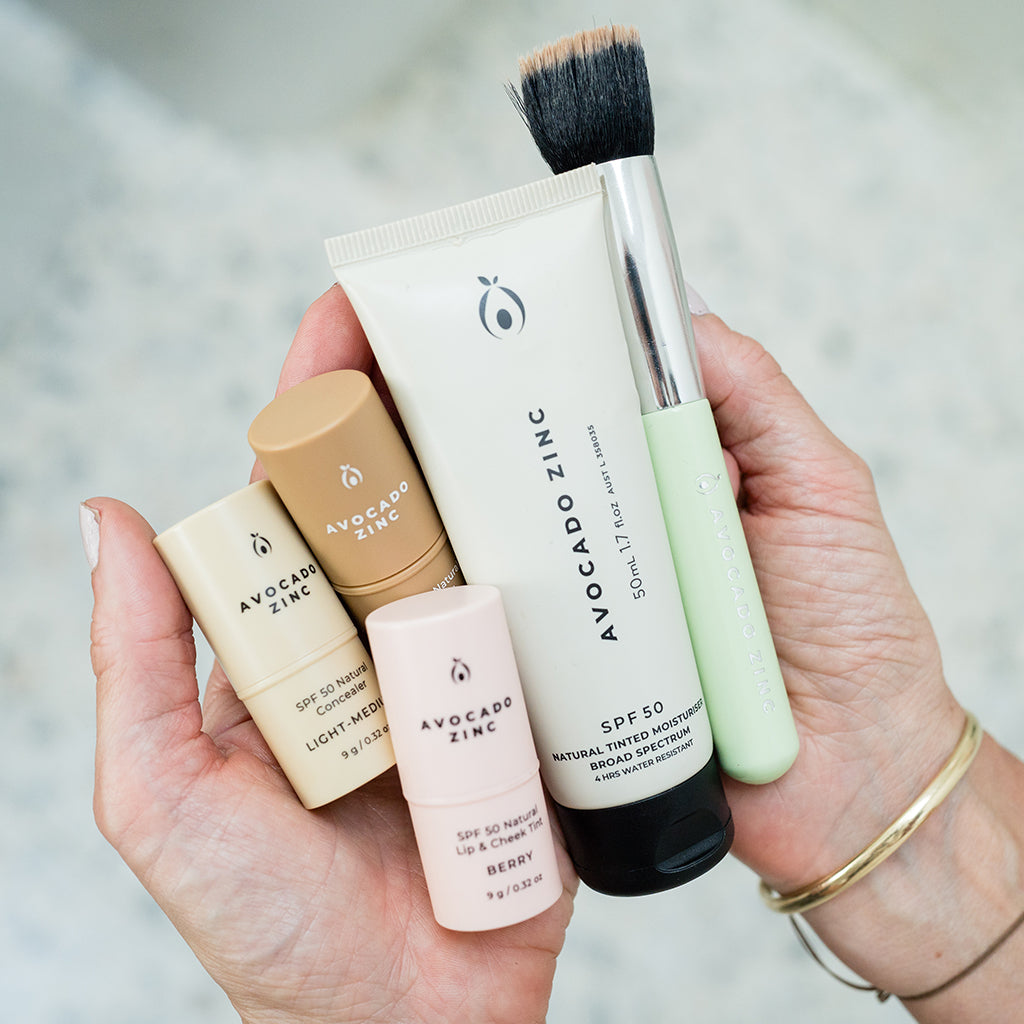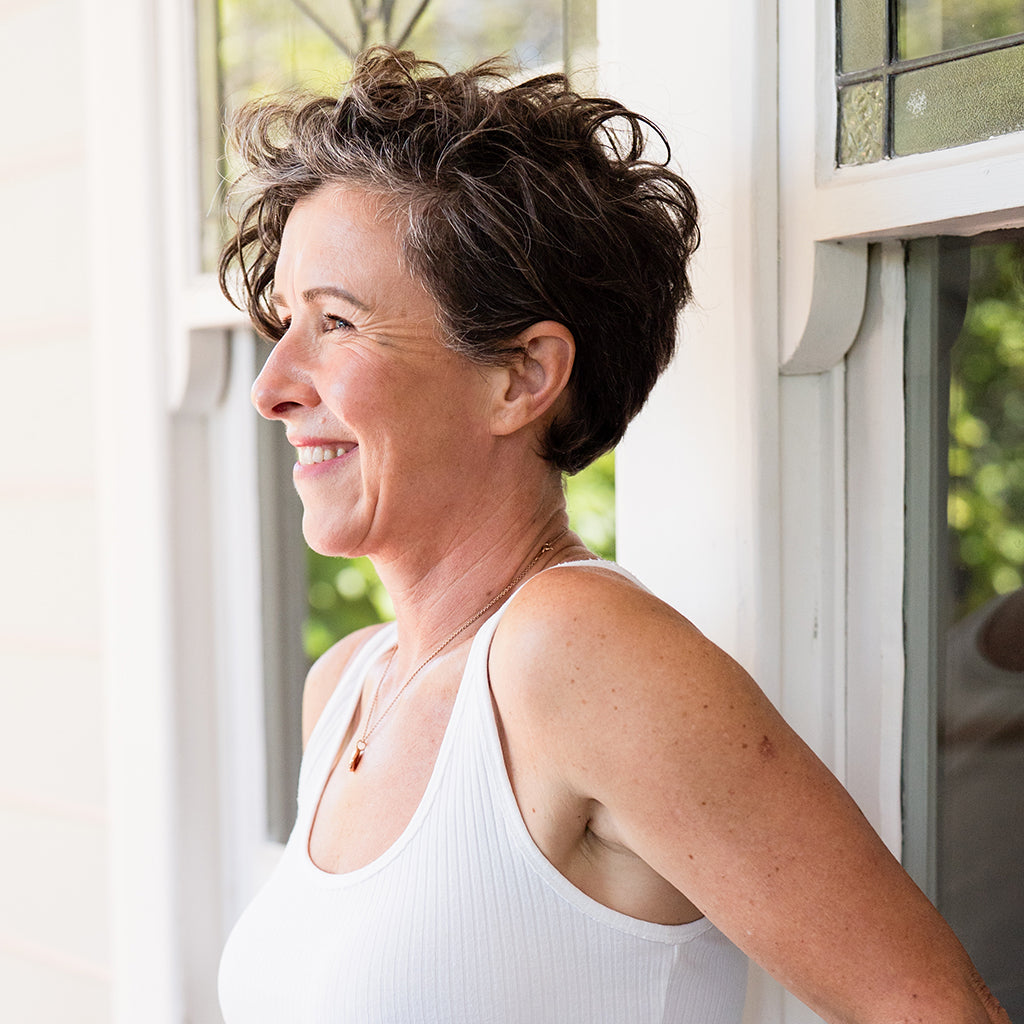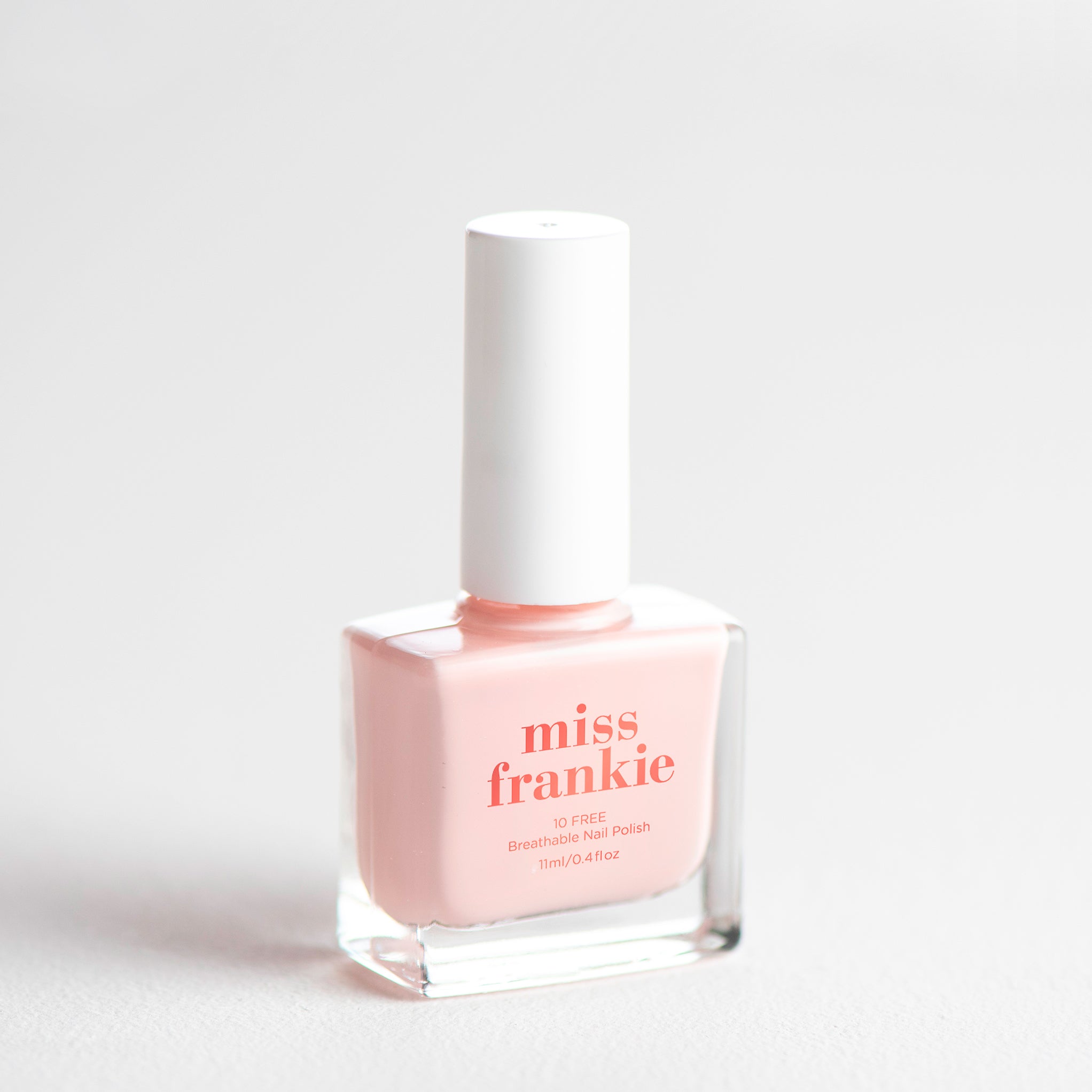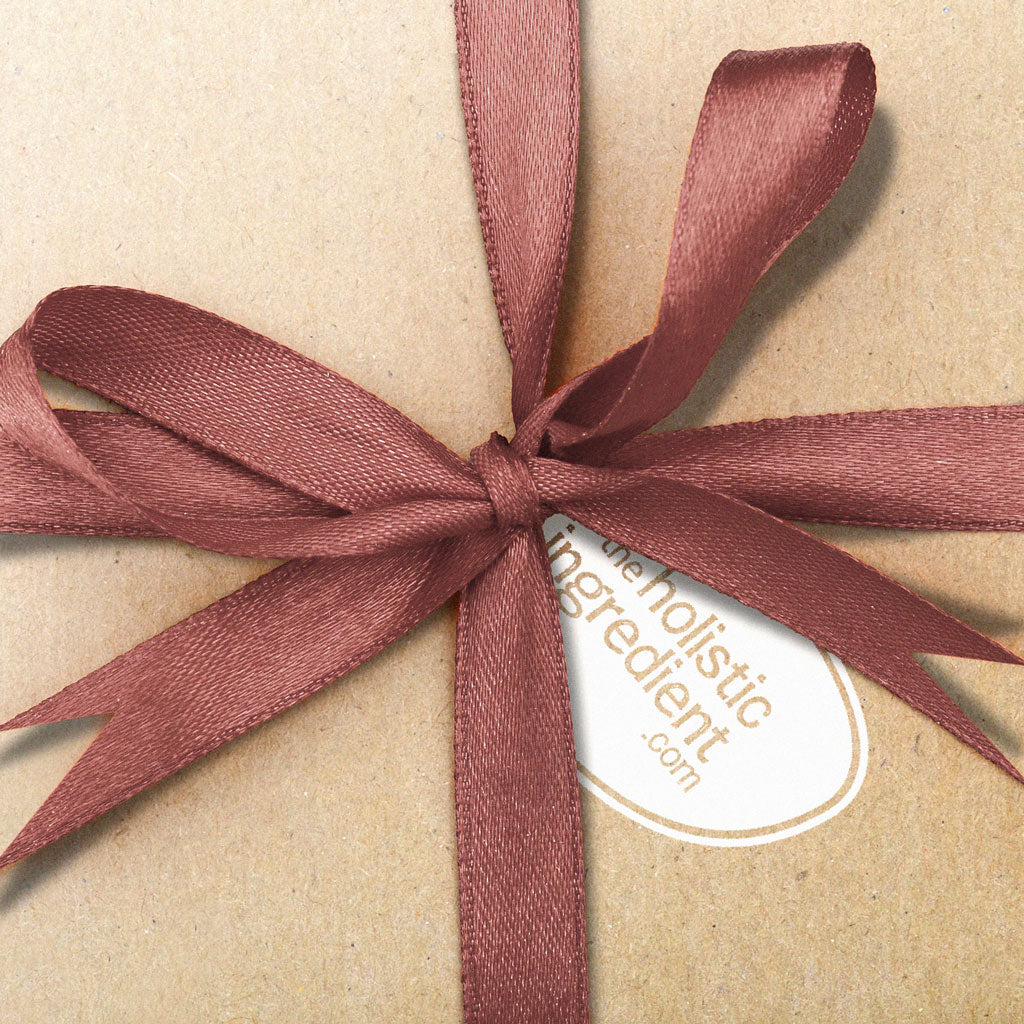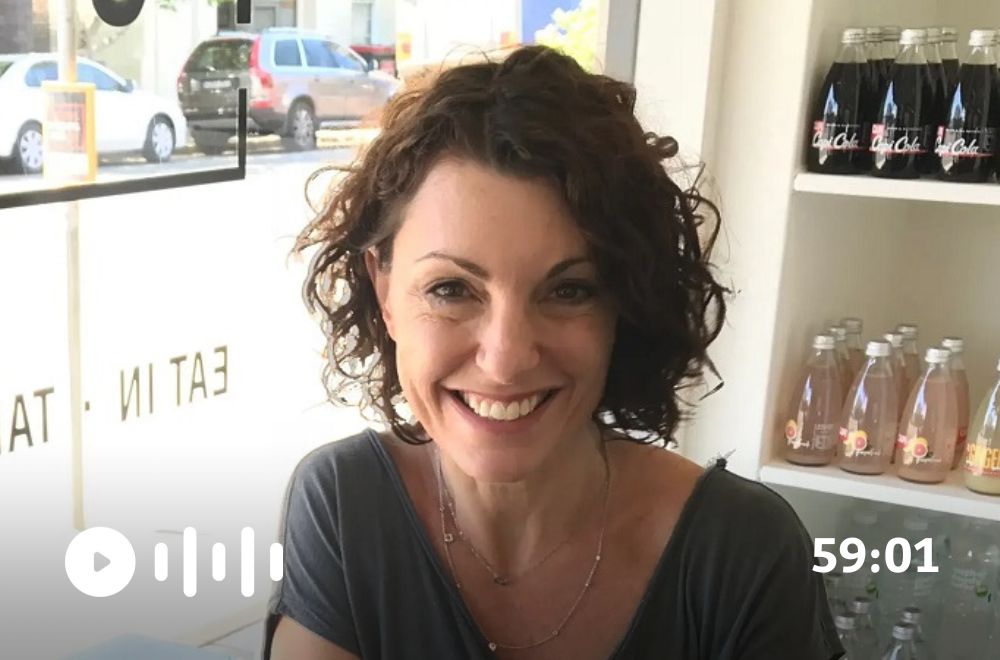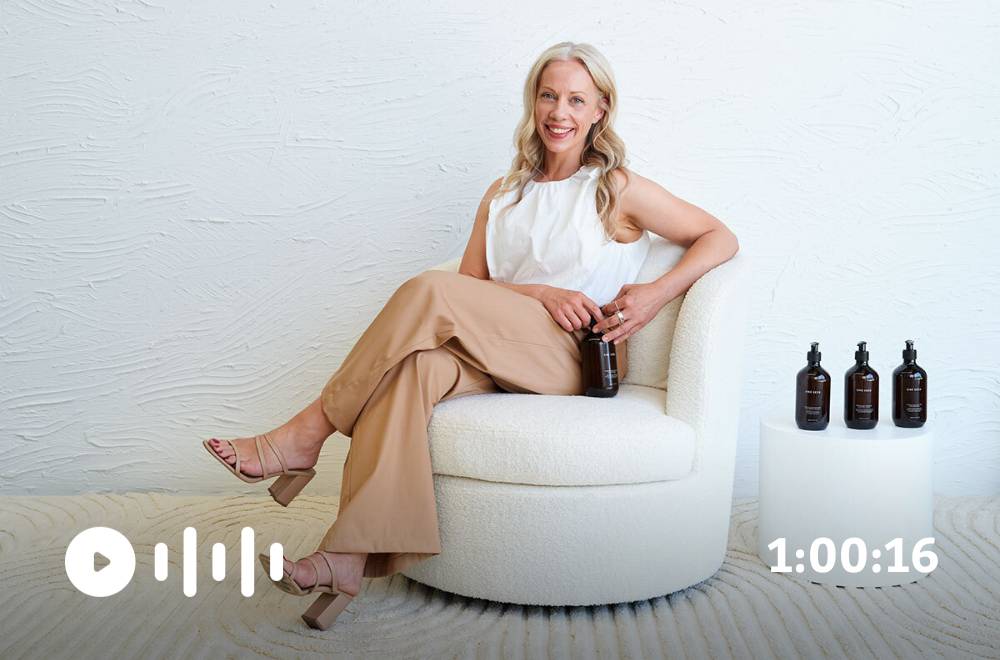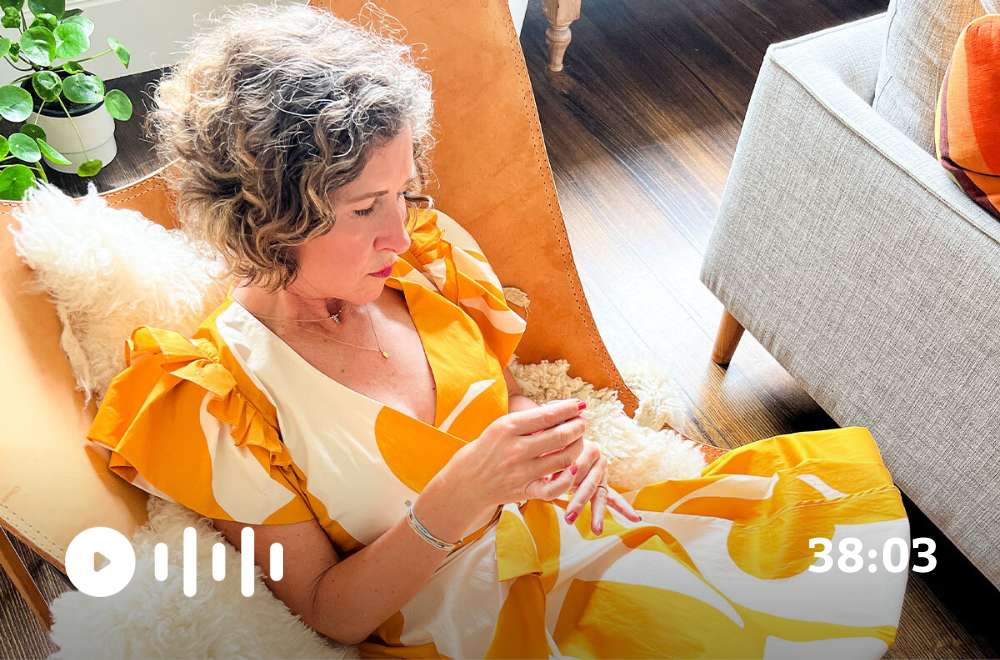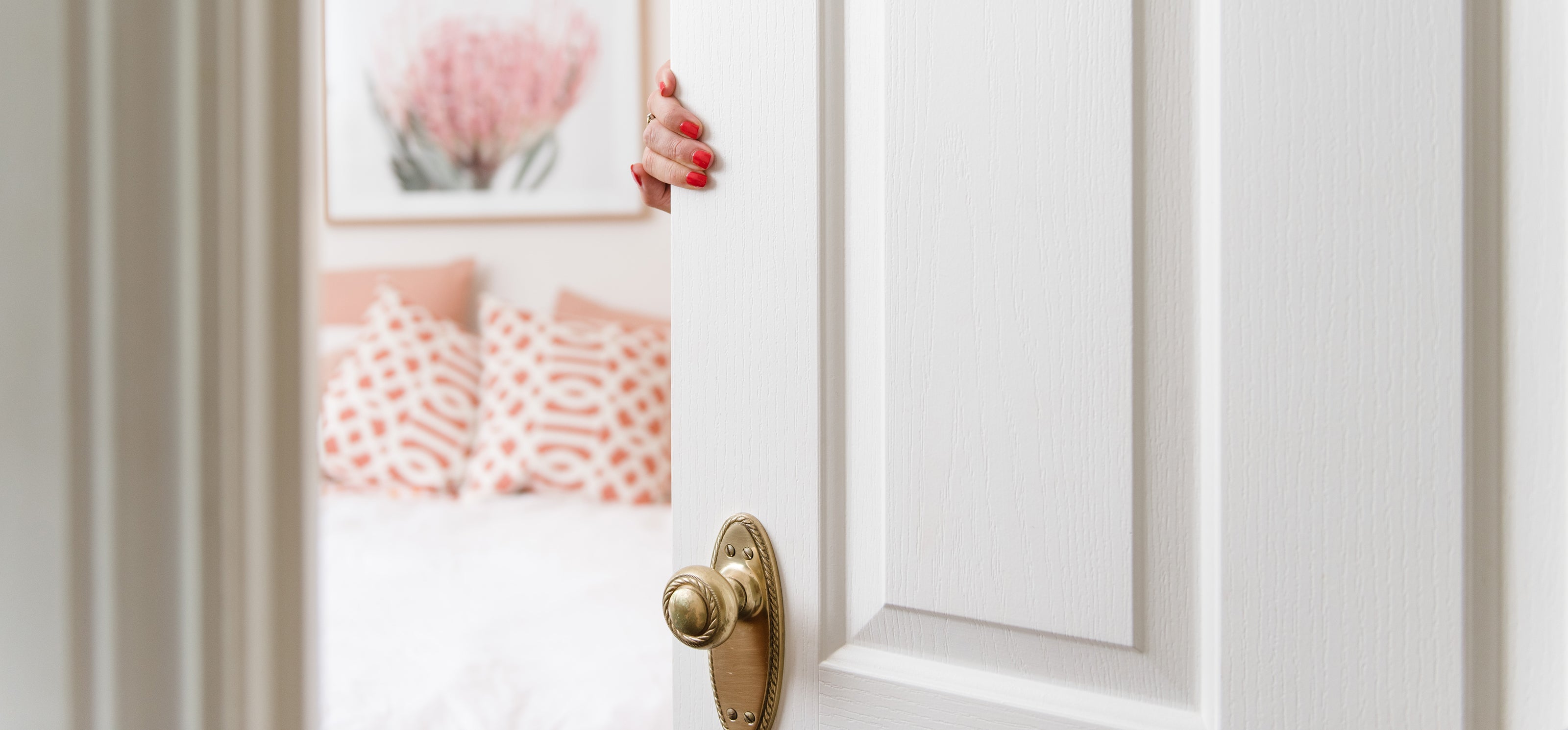
Melissa Couch is a Clinical nurse consultant, an advanced care planning officer and is degree qualified in palliative care.
Listen to the full episode on Apple Podcasts, Spotify, Google Podcast and more.
Broadcast: October 15, 2021
Duration: 23:52
Here is a snippit of our conversation…
Amy: This episode is a subject I'm sure many would likely prefer not to think about but the more reading I've done around this topic, the more vital I understand it is that we have this conversation.
Melissa: Yes. I think the big misconception is people think that this conversation is really about death and dying and when you're old, and that's so not the truth. It’s a conversation I think all adults over the age of 18 should be having. We all can suffer some sort of medical event, have different issues that come up and often we leave these conversations far too late in our journeys, and it ends up being a stressful situation.
What is advanced care planning?
Melissa: So the crux of it all is - what you would want someone to say and do in the event that a medical situation occurred, when you couldn't make decisions for yourself for whatever reason. That could be a long-term cognitive decline, or it could be an acute episode such as you've been hit by a car and you're knocked unconscious.
The two main things that we always talk about are firstly, who is the person that you want as your substitute decision maker, because everyone will have a medical substitute decision maker, regardless of whether they've been formally appointed. Be aware that there are different laws around advanced care planning in states and territories throughout Australia but we do basically follow the same common themes. And then once you've decided who that person is, have a conversation with them, tell them what it is that you want. What are things that you find acceptable? What treatments would you like to have? What treatments would you not want to have? What's an unacceptable state of health for someone?
The second part of that is that you can now document and formally write an advanced care directive. And in that you can talk about your values and beliefs, what living a quality life looks like to you, but you can also write a legally binding instructional component of your values and wishes, which sometimes is more prevalent to people who are of advanced aged or have other co-morbidities or life limiting illnesses.
Amy: So at what age should we be having this conversation?
Melissa: So I'll give you an example. I'm actually doing this with my daughter, she's 21 and lives at home. She’s got divorced parents and she has a boyfriend of 7 years. In terms of the law, they don't live together, but legally her boyfriend would trump me in medical decision-making. A lot of people get really frightened when I start to talk about this, but we have hierarchies that the law states in legislation, especially here in Victoria. If we don't have a formal appointment (the old appointments in Victoria used to be a medical enduring power of attorney) they're called an appointed medical treatment decision maker. So if something happened to Georgia, she rides thoroughbred race horses - if she fell off and was knocked unconscious and went into hospital - how would a healthcare practitioner know which person to speak to? Is it her mum who she lives with? Is it her dad who she's got a really good relationship with? Or is it her boyfriend who she's been with for seven years, but doesn't actually live with? So there's a lot of complicated situations in who is that person, if you don't have a legal form nominating that person. The old term of ‘next of kin’ is actually a really outdated concept. So for me personally, I have a partner, but I have chosen my sister to be my medical enduring power of attorney. If I had overnight surgery, something happened and I needed my pjs brought in my partner is listed as my contact person, but my sister is listed as my legal medical treatment decision-maker. She works in healthcare, I know she could make a decision. My partner has openly said to “Mel, I love you too much, I'd probably make decisions that are selfish, for me”.
The person nearest and dearest to us is not always the right person.
Melissa: We often think the person that we love who is nearest and dearest is the right person. And it's not until we have these hard conversations with them that we start asking those questions. Like originally I thought it would be my mum and my mum said, “Melissa, please don't ever ask me to turn off lights. I love you too much.” That’s not to say my sister doesn't love me, but I know she could make a hard call based on my values, preferences and beliefs.
Where is this planning documented?
So there’s a website called advanced care planning Australia. And you can go to that website, click which state you're from and download the form. So the two that you would be looking at is one appointing a substitute decision maker, and then completing the advanced care directive of which both need to be witnessed. A Doctor needs to witness an advanced care directive because you're making medical decisions.
There's some really good websites out there, one which is specific to your values, which has been specifically set up for people to go on and it actually steps you through about 16 Statements, and it helps you to find out where you sit. It gives you a clear clarification in your own mind - some things to start thinking about. What would be worse than death? So for me, if I was in a wheelchair, that's not worse than death, but if I was bedridden for 90% of my day, requiring 100% of care to get lifted in and out of a bed to be fed by someone, that to me is unacceptable. Or if I was to lose my mind and my cognition and not love and be able to express love and feel love and make my own day-to-day decisions in an ongoing context. That to me is my worst fear.
Amy: So where is that information then housed?
Melissa: So what we recommend to do is that your GP keeps a copy. You also give your substitute decision-maker a copy. You would make sure that your partner has a copy, then we also suggest that you'd lodge that with the hospitals that you are more likely to engage with. You can also put it on My Health Record.
Amy: So what are some of the challenges our loved ones face at the end of our lives?
Melissa: I see so many people who end up with survivor guilt. They'll often come to me to develop their own plan. And there'll be like, Mel, why didn't we talk about this? We left it too late. We plan holidays for months on end. If we're looking at buying a house, we spend years … and yet I often say to people, there is one certainty in life - 100% of us will die, yet we don't talk about it. And why is that? For some people, it's a fear that if I talk about it, it will happen. So when people come to the end of life, quite often, it's a matter of did they want to die in their own home? Do they want to die in hospital? Did they want their favorite animal with them? What was their music that they loved? How do they want that celebrated? How much treatment do they want? So if we haven't talked about these things that are important, there’s guilt that's left for those people to make that decision. I always say to people who are a bit hesitant about filling out these forms or talking about it, you're actually giving your loved one the greatest gift that you can give them, because it's a chance to tell your story to really honour that person - their personal values, preferences and treatment options.
Having the conversation can be tricky, but there’s a way.
Amy: So I imagine that many people would find this conversation a very difficult one to have. Would you be able to provide some examples of how we might start this conversation?
Melissa: So the way that we can say this to our loved ones is, you know what? I want to take the stress off me. I want to honour you and not do things to you that you wouldn't want. And you might start to hear little hints, especially in that older generation, they might start to say things like ‘I'd hate to end up in a nursing home,’ or ‘I'm sick of going into hospital, I'm sick of having these tests done’. We can take that a bit further and say, well, what do you mean by that? What does that look like? I need to know what it is that you want me to say, because quite often people say, “oh, you'll know, they'll know.”
So having it documented pulls all the players together. You know, we have such amazing facilities and community programs now. We can allow people to die in their own homes, surrounded by those that they love.
Amy: Let's say for example, a single woman who has lost her parents? What does she do?
Melissa: So this was what started my journey off eight, 10 years ago when I become a single mum. So if you had a close friend, you really need to legally appoint them because they don't actually sit under the hierarchy. And when I talk about the hierarchy in Victoria, we have anyone who's been appointed legally. So either an old medical enduring power of attorney or the new appointment, we have a vacancy. If we don't have any legal document, the first person is a spouse or domestic partner. Now they don't have to live together. And then we go down the hierarchy to siblings, parents, and then if you've got no one, we actually have to go as healthcare professionals to the office of the public advocate to get a ruling. So if it is a friend or family, that's fine, but make sure you get them legally appointed.
But as I say, conversations with your loved ones are vital. Don't be scared.
More:
For further information, and for State specific forms click here
To house your documents click here
Don't miss an episode of 'Woman. Conversations for the Curious':
subscribe now on Apple Podcasts, Spotify, Google Podcast and more.
Don't miss an episode of 'Woman. Conversations for the Curious':
subscribe now on Apple Podcasts, Spotify, Google Podcast and more.

